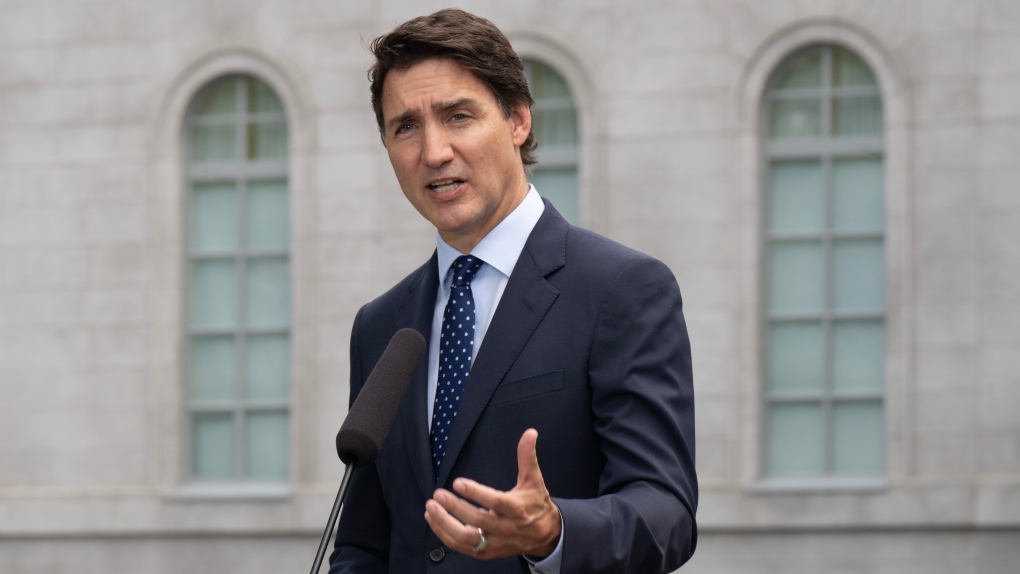Prime Minister Justin Trudeau says the newly announced National Security Council will be responsible for “overseeing” and setting the “strategic direction” for the Emerging Challenges Canada is “increasingly facing.”
Following Wednesday’s reshuffle, the Prime Minister’s office revealed that alongside future changes to the composition of the current Cabinet committees, they would strike a “new National Security Council” and announce its membership “in the coming weeks.”
In a statement to the media, PMO press secretary Alison Murphy described this council as “a new forum for ministers to discuss and address issues of pressing concern to Canada’s domestic and international security.”
Asked for more information on why the Cabinet—level council was needed and what exactly the role of the National Security Council would be— in contrast to existing government entities working in this space-the prime minister was scant on details, but vowed more would be revealed once struck down.
“It’s an additional tool on top of the other ones we have, and we’re very excited about the layout.” [it] Canadians, ” Trudeau said. “We are working now, and will make an announcement in the coming weeks about how it will work.”
The decision to strike this new panel now comes amid months of scrutiny over the federal government’s handling of foreign interference allegations, and a series of stories and lessons in the committee about Federal Security and intelligence organizations that face challenges in continuing emerging threats and communicating about them between agencies.
The prime minister indicated that this council is a way the government intends to strengthen its capacity to respond to national security concerns, after taking the step of cracking down on the National Security and Intelligence Committee of parliamentarians (NSICOP) in 2017.
“We know that there have been real challenges, more and more from foreign states that want to destabilize our democracies, from domestic actors that are trying to sow chaos,” he said.
“One of the big debates we had when we replaced Stephen Harper’s Conservative government was the need to put parliamentarians in charge of overseeing our national security agencies… “where parliamentarians from every party come together and see everything that our best national security agencies are doing, all of our national agencies are doing,” Trudeau said.
However, as NSICOP noted in its latest annual report, as a key body charged with carrying out this important oversight function—now actively considering five years in it, it is still experiencing significant barriers to access information from various government departments.
“Some departments selectively refused to provide information even though the information fell within a request for information from the committee,” the report said. “In some cases, the committee came across information later or through other sources, such as subsequent media reporting based on information disclosed by those departments under the access to Information Act,” the latest NSICOP report read.
The government has also yet to move on a public inquiry into foreign interference, with now Minister of Public Security, democratic institutions and Intergovernmental Affairs Dominic LeBlanc telling reporters in a post-reshuffle brawl that talks are ongoing between liberals and opposition parties on what a further public process might look like.
“I am convinced that my conversations with my opposition counterparts will take an important step forward in strengthening Canada’s democracy and democratic institutions, and we will have more to say about that at the appropriate moment.”
#Trudeau #striking #National #Security #Council
